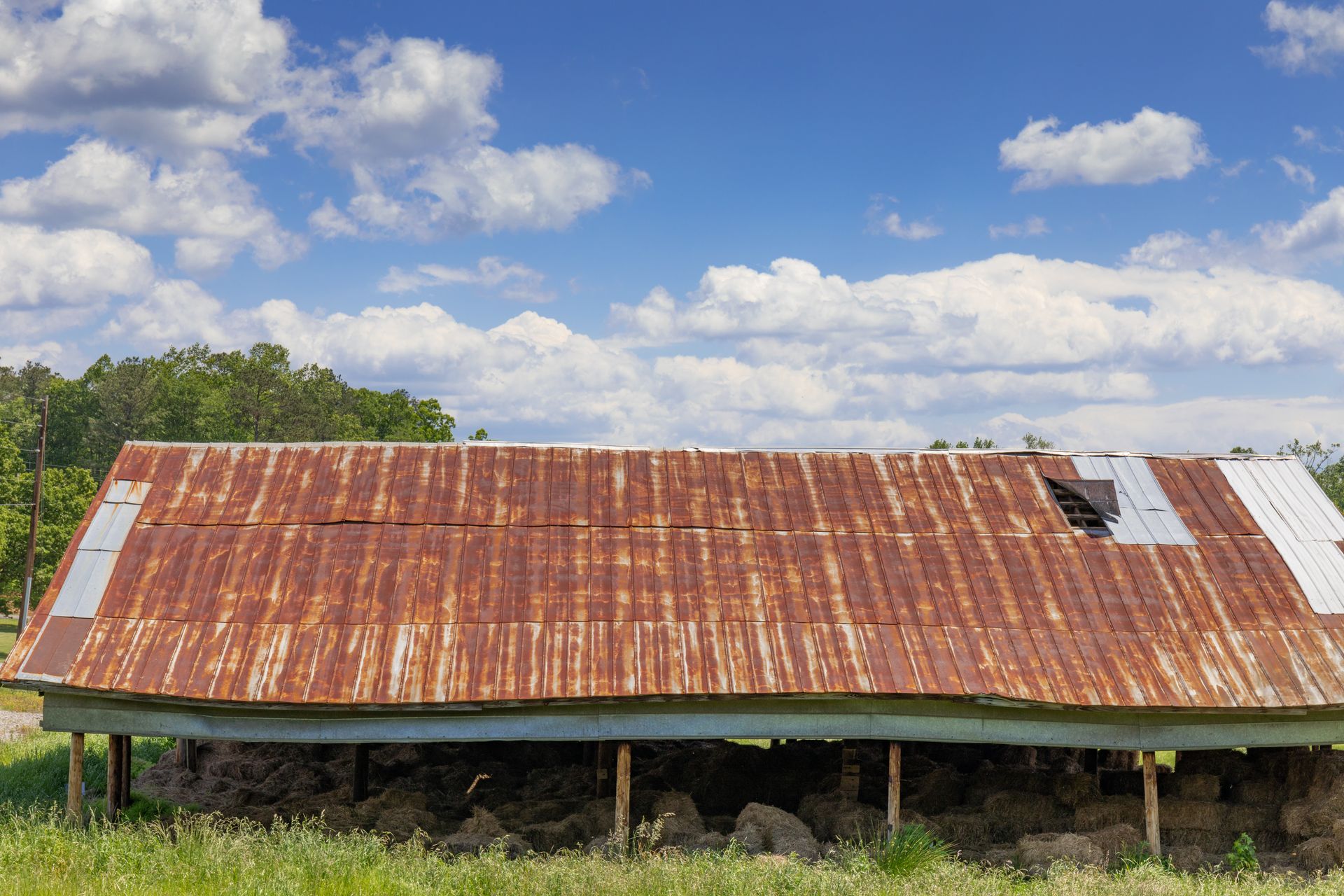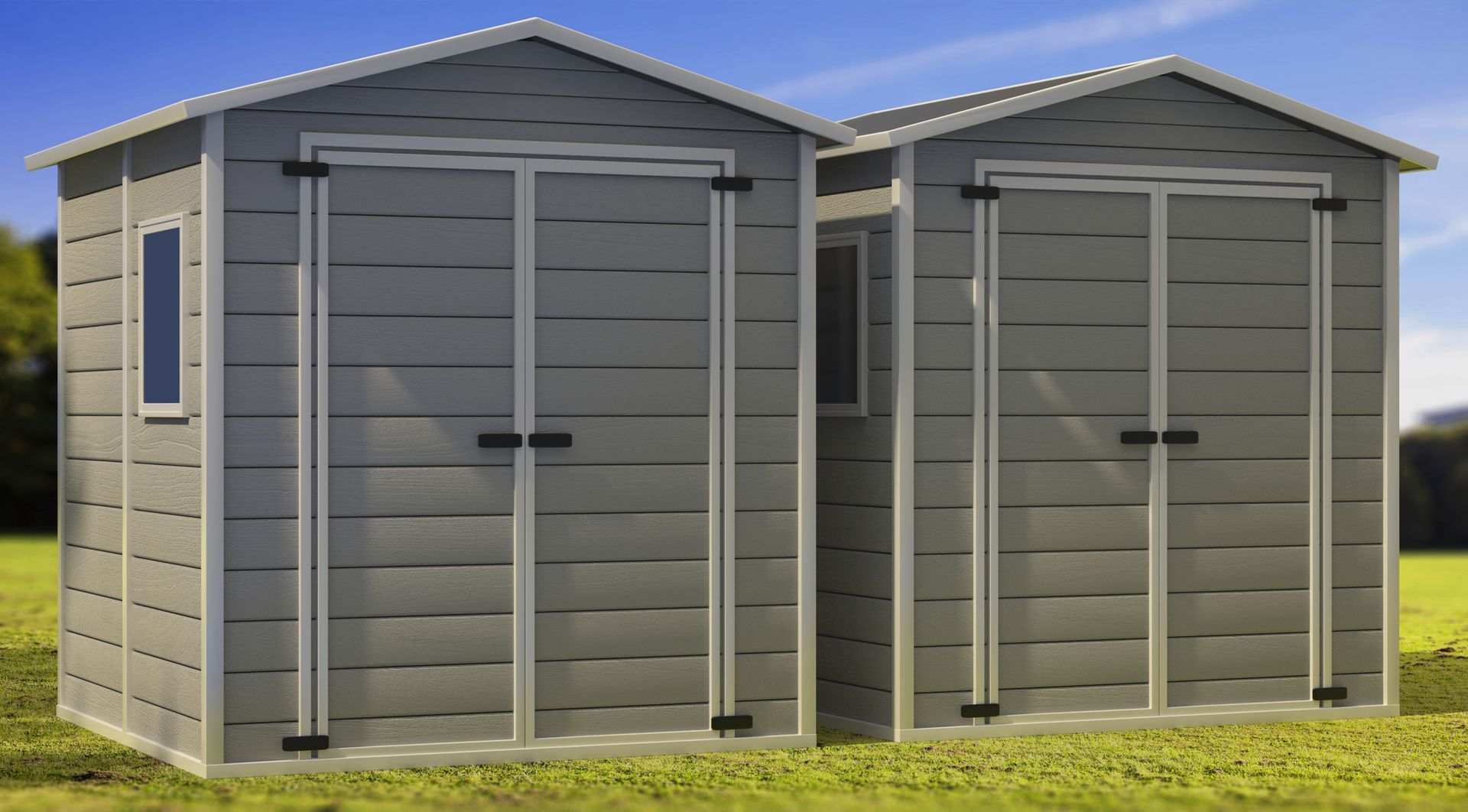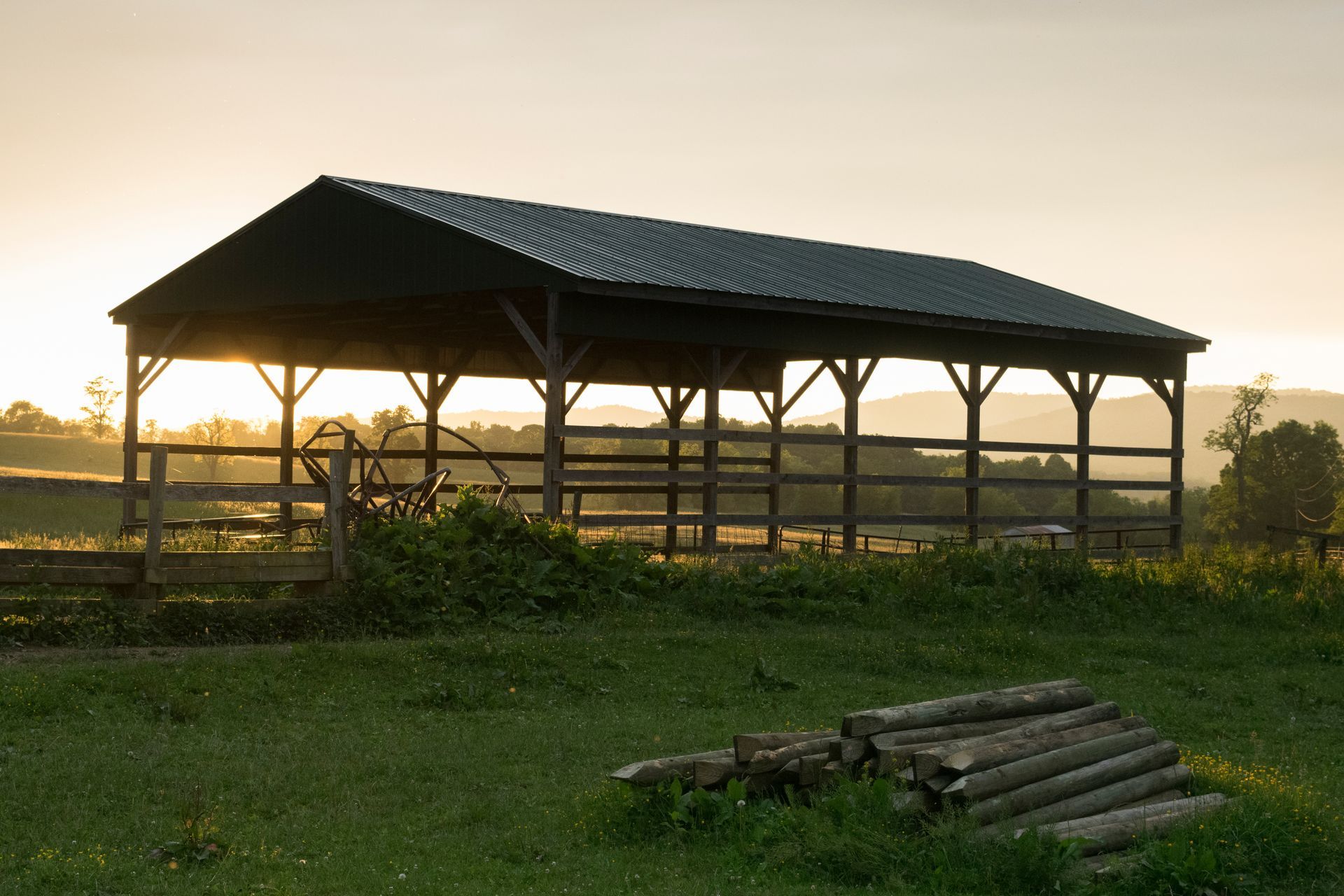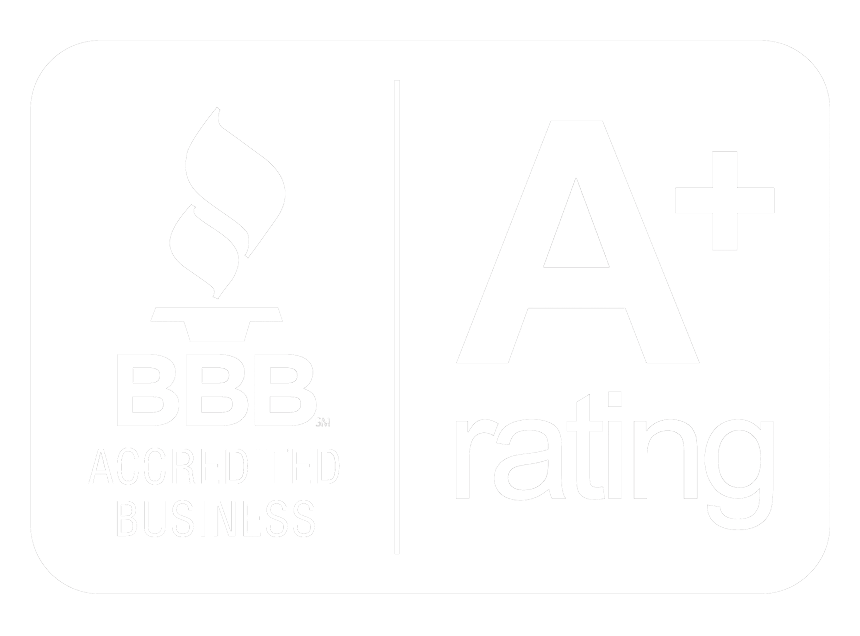What Is the Purpose of Zoning Regulations When Dealing With Building Structures
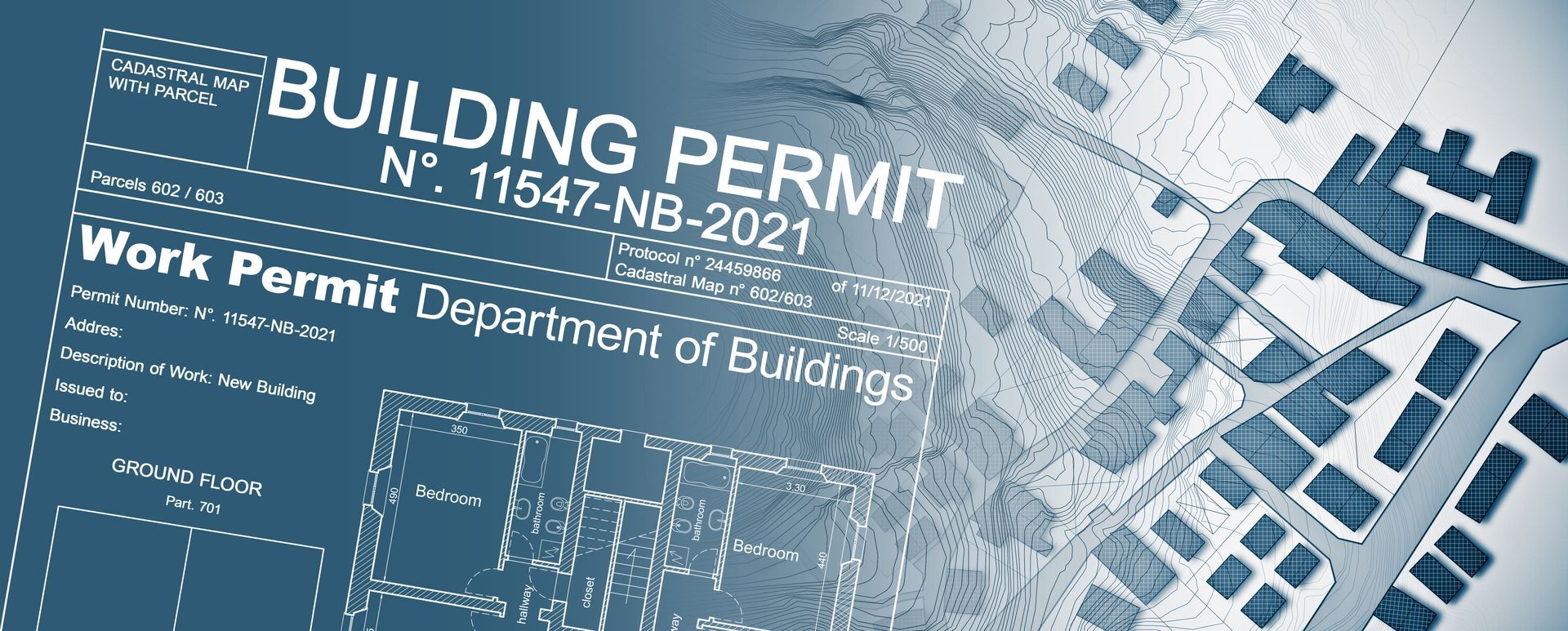
Zoning regulations are intended to enforce orderly urban development by designating specific areas for different types of use, such as residential, commercial or industrial. These regulations help manage the placement, size and use of buildings to ensure they are appropriate for their location, maintain public safety, support environmental protection and preserve the character and quality of a community.
These rules play a crucial role in shaping our neighborhoods, commercial areas and even the positioning of structures like garages, storage sheds and pole barns. Working with builders who understand these regulations ensures that your building projects align with local guidelines and contribute positively to our community's landscape.
What Are Zoning Regulations in Panama City?
The Land Development Code (LDC) governs the use of land and structures within Panama City, and all development must conform to the applicable standards, criteria, requirements and procedures of the LDC. This includes standards for land use, building heights and setbacks.
For detailed information on zoning districts and land uses allowed, you can refer to Chapter 2 of the Land Development Code. Building height and setback standards are outlined in Chapter 4 of the LDC. Additionally, there are special overlay districts with additional regulations, as mentioned in Chapter 7 of the LDC.
These rules can seem convoluted, and most of them won’t have any bearing on your building project. Many are specific to unique circumstances, like a whole section for repair shops for large appliances and discount stores. Many of these rules are implemented for specific issues that arise due to a unique set of circumstances that occurred on a single parcel within city limits, but the broad wording of the regulations may lead you to mistakenly believe they may be relevant to your situation. This is why it’s typically in the average property owner’s best interest to work with a builder who already understands what can and can’t be done in your area.
That being said, there are sections that could be relevant to how you use your storage buildings or structures, like section 5.02.07. This section outlines how sheds, storage buildings and greenhouses that are not located in agricultural-residential zoned areas can be used and constructed. Some examples include:
- You can’t use the storage building to store hazardous, noxious or incendiary materials
- It must be located in the rear yard
- It can’t exceed 17.5 feet in height when measured up to the peak of the roof
- It can’t take up more than 30 percent of the rear yard area
- It must be separated from other buildings (including your home) by a minimum of five feet
For the most part, these types of rules don’t have an overt impact on residential storage shed projects. These structures don’t normally take up more than 30 percent of a backyard, are built more than five feet from other structures and don’t exceed 17.5 feet in height.
Even if the typical building project doesn’t run afoul of zoning and land use regulations, it’s still important to work with a contractor who understands these rules and the way in which they are enforced. Our team has been working in Panama City construction for decades, which gives our customers assurance that we know the rules, adhere to regulations and can inform you if your desired plan might violate the fine print of land use regulations in Panama City.
Why Zoning Regulations Matter for People Building in Residential and Commercial Districts
In residential areas, zoning regulations maintain the character of neighborhoods, preserving the area's aesthetic and preventing overcrowding. For instance, regulations might limit the size and type of structures like garages or storage sheds to ensure they're in harmony with existing homes.
In commercial districts, these regulations ensure that businesses are located in areas with adequate infrastructure, like roads and utilities, facilitating economic growth while minimizing disruptions to residential life.
Zoning and Environmental Considerations
Panama City's unique location, prone to hurricanes and situated in low-lying coastal areas, makes environmental considerations a key aspect of zoning. Regulations may dictate building elevations, structural reinforcements and placement to mitigate flood risks and hurricane impacts. This is crucial for ensuring the longevity and safety of structures, including pole barns and storage buildings.
Ensuring Your Portable Building Is Legal and Long Lasting
Zoning regulations in Panama City, Florida, are more than just bureaucratic rules; they're a framework that helps maintain the balance and beauty of our community. For those planning to add structures like carports, storage sheds or pole barns, adhering to these regulations is key to contributing positively to our city's landscape. At Bestway Portable Buildings, we understand the importance of these regulations and are here to help you navigate them, ensuring your building projects are successful and compliant.
If you want help designing and building sturdy, long-lasting portable structures, our team is here to help. Call us at (850) 747-8974 to request a quote.
Any construction business that has been around for 30-plus years understands some fundamental truths about making it in this industry. The only way to attract and keep customers is to fulfill your promises, maintain the highest quality standards and provide impeccable customer service.
We strive to stay on schedule, stick to budgets and never cut corners on materials or craftsmanship. Doing right by customers isn’t as difficult as some companies would have you believe. In many cases, it’s just a matter of treating every client how you would want and expect to be treated were the relationship reversed.
Find out why thousands of past customers in Alabama, Georgia and Florida have turned to Bestway Portable Buildings for their construction projects. Give us a call at (850) 747-8974.
Request A Quote:

Privacy Policy | Designed by REV77 Digital Marketing
All Rights Reserved | Bestway Portable Buildings Inc.
2919 US-231
Panama City, FL 32405

